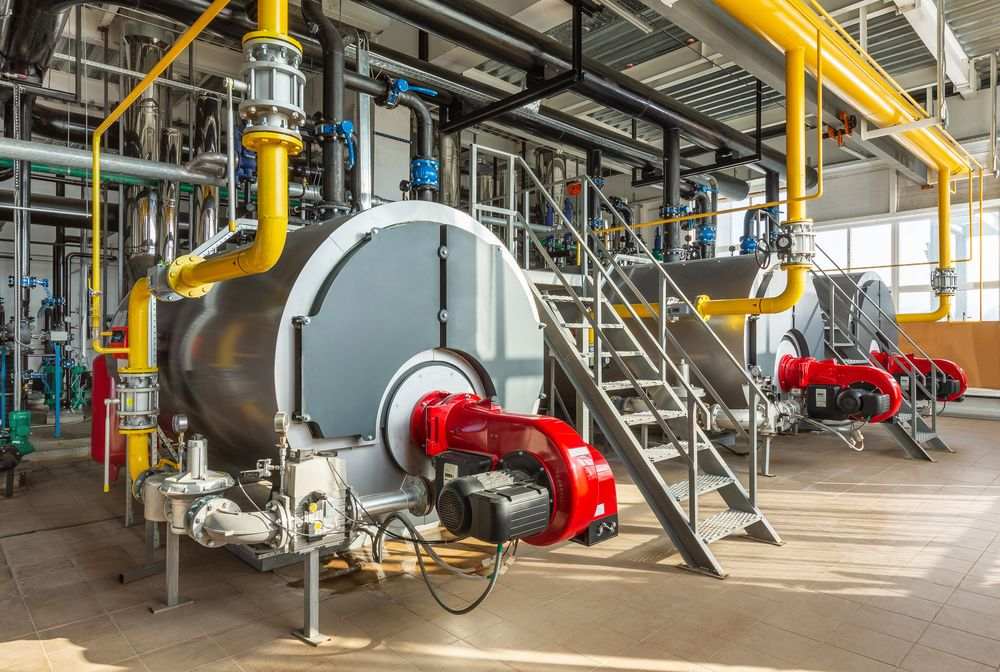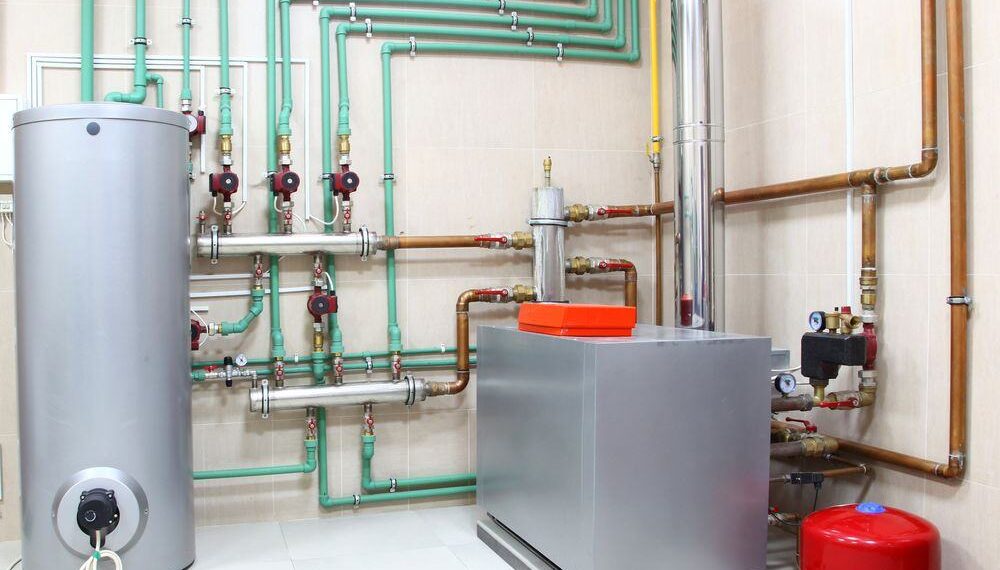A boiler is a pressure vessel inspections used to produce hot water or steam. Basically, it functions as a giant pressure cooker. Aside from the size, the differences between a pressure cooker and a boiler are the latter’s complete sealing and integration to other systems such as steam-driven equipment and commercial kitchens.
If you’re planning to learn how to operate a boiler, you may want to know everything about the machine. Start with its qualities and the steps to make it work. After that, you may continue with its proper maintenance. For those purposes, here’s an article to guide you.


Table of Contents
Qualities Of A Good Boiler
If you want to learn about boiler operation, you may start by using an excellent boiler. This way, you’ll be familiar with the fundamental controls and understand how the machine really works. To begin with, you may read here to know more about boiler combustion and efficiency. Then, you may check the following qualities:
- High Thermal Efficiency
The excellent boiler’s efficiency relies on the presence of fuel, heat, and oxygen. If the elements are complete, the heat produced is sustained. For this to happen, you may need to ensure that the combustion chamber—where the main work happens—as well as the supply and return lines are properly connected and free from leaks.
- Low Black Smoke
In many cases, the boiler should just release steam or ‘clean smoke.’ These emissions indicate that the boiler is cleaned and maintained. Thick black smoke could mean that the lines, chamber, and other boiler components are either dirty or unfit.
- Quick Heat Recovery
Lapses may happen in every boiler operation. Yet, the machine should be able to catch up and heat up to produce steam.
- Portability
You may use boilers that are light, easy to carry, and could maximize space for usage and storage.
Types Of Boilers
There are three standard types of boilers used in various industrial and commercial applications. You may dwell into each type to be familiar with them:
- Fire-Tube
This type is composed of a furnace, a water tank, and a smokestack. The heating starts in the furnace after the fuel is burned. Then, the generated heat from the stove transfers to the water tank through the tubes.
Fire-tube boilers are durable and easier to maintain because they have a simple design and construction. Generally, they also have a thicker outer shell, limiting the exerted pressure of the boiler.
- Water-Tube
Water-tube types work similarly to fire-tube boilers. They also start the process by burning fuel inside their furnace. The difference is its water-tube design that allows better thermal efficiency in many cases. However, they generally cost higher than the other boiler types because they require more extensive construction and maintenance such as regular filtering.
- Waste Heat Recovery
These are either fire-tube or water-tube types that use exhaust gases, waste heat, or combustion fuel. They’re commonly used in refineries and manufacturing industries.
Tips On How To Maintain A Boiler
To guarantee that a boiler will last longer, you’ll have to keep it clean and maintained. This way, it could get rid of the signs of heating or boiler problems. For that to happen, you may refer to the following set of tips:
- Ensure Leak-Free Components
Inspect the main and safety valves if they’re fixed and closed, if necessary. Check the utility hole gaskets and the oil levels. Furthermore, check and clean the exhaust spaces and chimneys.
- Recalibrate The Controls
After prolonged use, the controls may start to loosen or wobble. When this happens, you need to clean the buttons and handles. Through this, you may also check the pump motor, vacuum, and other components if they’re working fine.
- Clean The Boiler Properly
Boilers generally need a special type of cleaning. As part of this, you may need to check and keep its oil level at the desired gauge with an SAE 20/30 oil. Remove the carbon and dirt buildup in the air filters. Clear the sediment and sludge through a bottom blowdown or an intentional leaking of water to remove residue and similar materials.
Final Thoughts
The boiler is one of the reliable means to produce efficient heating at homes and commercial spaces. Apart from this, they enable hot water or steam production to distribute the heated air. In many cases, it’s used in space heating, which is common during cold seasons.
For industrial uses, boilers could help generate electrical and mechanical power, which is ideal for the mass production of paper, food, and chemicals. This way, they could be considered as a stable power source in an industrial company. More extensive boilers are used in refineries and power plants as power generators.
After learning the basics of boiler operation and maintenance, you may start training or do a relevant job that’d prepare you for a more complex job as a water tender. In contrast, if you’re planning to install a boiler on your property, you may start selecting among the boilers ideal for home use. Yet, just like in commercial and industrial applications, you may need to learn the basic operations such as starting or repressurizing.

